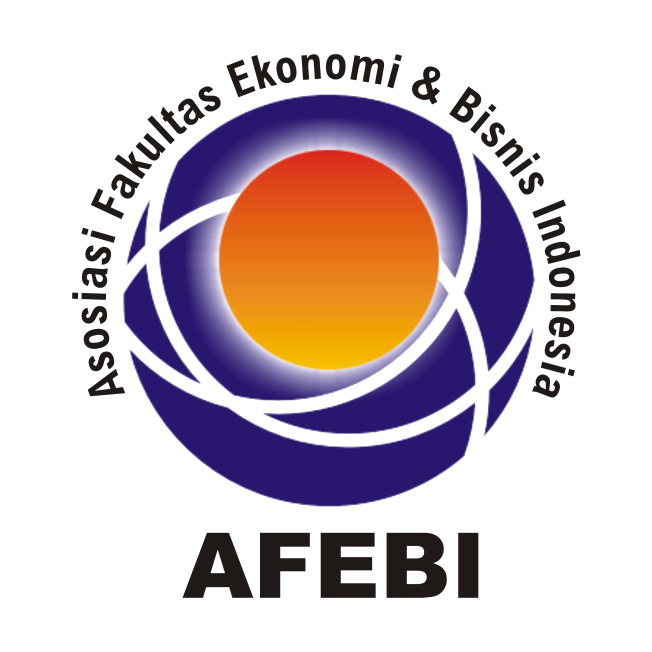The potential for developing a sustainable fishing sector in Sukamara
DOI:
https://doi.org/10.52300/grow.v10i1.15150Keywords:
sustainable fisheries, Sukamara, fisheries potential, ecosystem, environmentally friendly, fishermanAbstract
This research explores the potential of a sustainable fisheries sector in Sukamara Regency, Central Kalimantan, which is rich in fisheries resources, both freshwater and marine. This study identified the potential for freshwater fish production of 10,000 tons annually and marine fish of 8,000 tons yearly, with superior species such as snakehead fish, baung, catfish, snapper, grouper, and tuna. Although the fishing sector has an essential role in the local economy, unsustainable fishing practices have led to overfishing, environmental degradation, infrastructure problems, and limited technological knowledge. This research emphasizes the importance of sustainable fisheries practices through ecosystem-based management, the use of environmentally friendly technology, and education and training programs to increase the capacity of fishermen. The economic impact shows an increase in the average income of fishermen by 25%, while the social impact includes an increase in the welfare of coastal communities by 20%. Environmental impacts include the restoration of mangrove and coral reef ecosystems with increased area and cover of live coral. The main challenges include overfishing, environmental degradation, lack of infrastructure, and limited technological knowledge. Proposed strategies to overcome these challenges include strengthening policies and regulations, improving infrastructure, education and training, multi-stakeholder collaboration, and research and development. By implementing this strategy, the potential of the sustainable fisheries sector in Sukamara can be optimized, providing significant economic, social, and environmental benefits and becoming a model for other regions in sustainable natural resource management.
Downloads
References
AbuQamar, S. F., El-Saadony, M. T., Alkafaas, S. S., Elsalahaty, M. I., Elkafas, S. S., Mathew, B. T., Aljasmi, A. N., Alhammadi, H. S., Salem, H. M., & Abd El-Mageed, T. A. (2024). Ecological impacts and management strategies of pesticide pollution on aquatic life and human beings. Marine Pollution Bulletin, 206, 116613.
Ahmed, S. F., Kumar, P. S., Kabir, M., Zuhara, F. T., Mehjabin, A., Tasannum, N., Hoang, A. T., Kabir, Z., & Mofijur, M. (2022). Threats, challenges and sustainable conservation strategies for freshwater biodiversity. Environmental Research, 214, 113808.
Andersen, S., Fountain, J., Harrison, G. W., & Rutström, E. E. (2014). Estimating subjective probabilities. Journal of Risk and Uncertainty, 48, 207–229.
Arreguín-Sánchez, F. (2022). Holistic Approach to Ecosystem-Based Fisheries Management: Linking Biological Hierarchies for Sustainable Fishing. Springer Nature.
Arthur, R. I., Skerritt, D. J., Schuhbauer, A., Ebrahim, N., Friend, R. M., & Sumaila, U. R. (2022). Small‐scale fisheries and local food systems: Transformations, threats and opportunities. Fish and Fisheries, 23(1), 109–124.
Chen, X., & Zhou, Y. (2020). Sustainable Development and Blue Growth of Fisheries. Brief Introduction to Fisheries, 181–223.
Cochrane, K. L. (2021). Reconciling sustainability, economic efficiency and equity in marine fisheries: has there been progress in the last 20 years? Fish and Fisheries, 22(2), 298–323.
Elliott, M., Borja, Á., & Cormier, R. (2020). Managing marine resources sustainably: A proposed integrated systems analysis approach. Ocean & Coastal Management, 197, 105315.
Elwell, T. L., López-Carr, D., Gelcich, S., & Gaines, S. D. (2020). The importance of cultural ecosystem services in natural resource-dependent communities: Implications for management. Ecosystem Services, 44, 101123.
Gilman, E., Antonelis, K., Drinkwin, J., Gorgin, S., Suuronen, P., Thomas, S. N., & Wilson, J. (2023). Introduction to the Marine Policy special issue on abandoned, lost and discarded fishing gear: Causes, magnitude, impacts, mitigation methods and priorities for monitoring and evidence-informed management. Marine Policy, 155, 105738.
Gogoi, B., Nath, T., Kashyap, D., Sarma, S., & Kalita, R. (2020). Sustainable agriculture, forestry and fishery for bioeconomy. In Current developments in Biotechnology and Bioengineering (pp. 349–371). Elsevier.
Gomes Silva, F. J., Kirytopoulos, K., Pinto Ferreira, L., Sá, J. C., Santos, G., & Cancela Nogueira, M. C. (2022). The three pillars of sustainability and agile project management: How do they influence each other. Corporate Social Responsibility and Environmental Management, 29(5), 1495–1512.
Hilborn, R., Agostini, V. N., Chaloupka, M., Garcia, S. M., Gerber, L. R., Gilman, E., Hanich, Q., Himes‐Cornell, A., Hobday, A. J., & Itano, D. (2022). Area‐based management of blue water fisheries: Current knowledge and research needs. Fish and Fisheries, 23(2), 492–518.
Horan, D. (2022). A framework to harness effective partnerships for the sustainable development goals. Sustainability Science, 17(4), 1573–1587.
Hutajulu, H., Runtunuwu, P. C. H., Judijanto, L., Ilma, A. F. N., Ermanda, A. P., Fitriyana, F., Mudjiyanti, R., Maichal, M., Boari, Y., & Laksono, R. D. (2024). Sustainable Economic Development: Teori dan Landasan Pembangunan Ekonomi Berkelanjutan Multi Sektor di Indonesia. PT. Sonpedia Publishing Indonesia.
Lakra, W. S., & Krishnani, K. K. (2022). Circular bioeconomy for stress-resilient fisheries and aquaculture. In Biomass, biofuels, biochemicals (pp. 481–516). Elsevier.
March, A., & Failler, P. (2022). Small-scale fisheries development in Africa: Lessons learned and best practices for enhancing food security and livelihoods. Marine Policy, 136, 104925.
Monteiro, P. V., & de Noronha, T. (2020). Sustainable Development of Fisheries Communities: The Role of Community-Led Local Development Policies. Regional Intelligence: Spatial Analysis and Anthropogenic Regional Challenges in the Digital Age, 49–72.
Nauen, C. E., & Arraes Treffner, M. F. (2022). Strengthening capabilities of individuals and communities through a Small-Scale Fisheries Academy. In Blue Justice: Small-Scale Fisheries in a Sustainable Ocean Economy (pp. 611–633). Springer.
Penca, J., Said, A., Cavallé, M., Pita, C., & Libralato, S. (2021). Sustainable small-scale fisheries markets in the Mediterranean: weaknesses and opportunities. Maritime Studies, 20(2), 141–155.
Sunkur, R., Kantamaneni, K., Bokhoree, C., & Ravan, S. (2023). Mangroves’ role in supporting ecosystem-based techniques to reduce disaster risk and adapt to climate change: A review. Journal of Sea Research, 102449.
Van Dyke, F., Lamb, R. L., Van Dyke, F., & Lamb, R. L. (2020). Conservation economics and sustainable development. Conservation Biology: Foundations, Concepts, Applications, 449–487.
Warren, C., & Steenbergen, D. J. (2021). Fisheries decline, local livelihoods and conflicted governance: An Indonesian case. Ocean & Coastal Management, 202, 105498.




